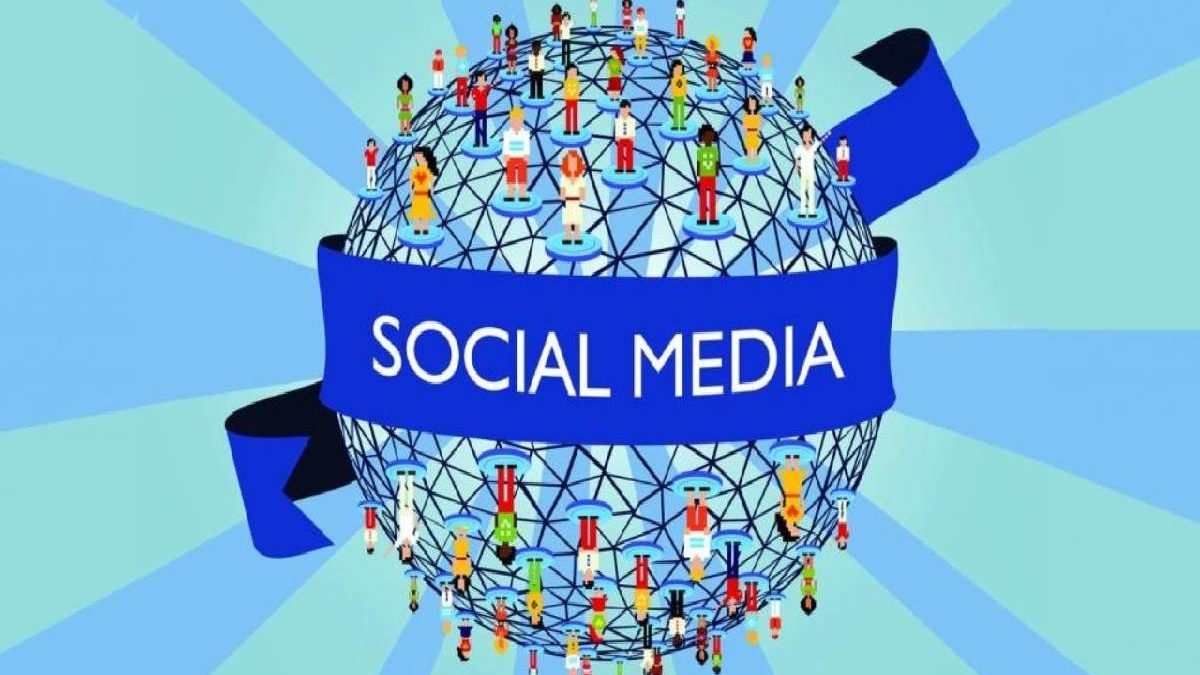Table of Contents
Social Media Fatigue Definition
Social media fatigue is the now mainstream media in the United States. It’s no surprise that people were starting to experience technology, information, and communication overload.
Its overload can cause mental exhaustion and social media fatigue. And people who experience this form of fatigue could disconnect from social media temporarily or for long periods.
And here are some causes of social media fatigue and how it impacts our organization’s social media strategy.
1. Fear of Missing Out (FOMO)
- People are conflicted between the need for information and the desire to avoid information overload. And the person’s fear of missing out contributes extra to social media fatigue than advertising.
- Our this strategy must balance providing up-to-date information with a frequency that does not cause its fatigue.
2. Confidence with Social Media Content
- It can be caused by various factors, including how confident they are in dealing with social media content.
- And research based on the limited capacity model found an individual’s confidence was one of the leading indicators of its fatigue.
3. Concern about Personal Privacy
- Firstly, people who are concerned about personal privacy are more likely to experience it. and also users.
- Secondly, who understand the benefits of using social media are typically more concerned about privacy.
- Lastly, and organizations need to share the privacy protection safeguards and clearly state how people’s data can be used.
4. The conflict between Personal and Professional Identity
- Social media can impact an individual’s personal and professional identity. And individuals can find it challenging to balance the two social media identities.
- While also representing themselves, the work, and the employer. And conflicting identities can lead to social media fatigue and disconnection from using this platforms.
5. Social Comparison to other Users
- Younger social media users often compare themselves on Facebook with other users. And also who present themselves as optimized and the best versions of themselves.
- And people with low-self esteem are more likely to compare themselves to other people on Facebook than those who take higher self-esteem.
Also Read: Some Helpful Resources on dyifo
6. Negative Social Connection
- Firstly, one of the primary purposes of social media is social connection and interaction.
- Secondly, and people who take one and more bad experiences on social media can develop negative emotions.
- Lastly, such as anger, annoyance, and stress. It can lead to a loss of interest in using this media and also this media fatigue.


